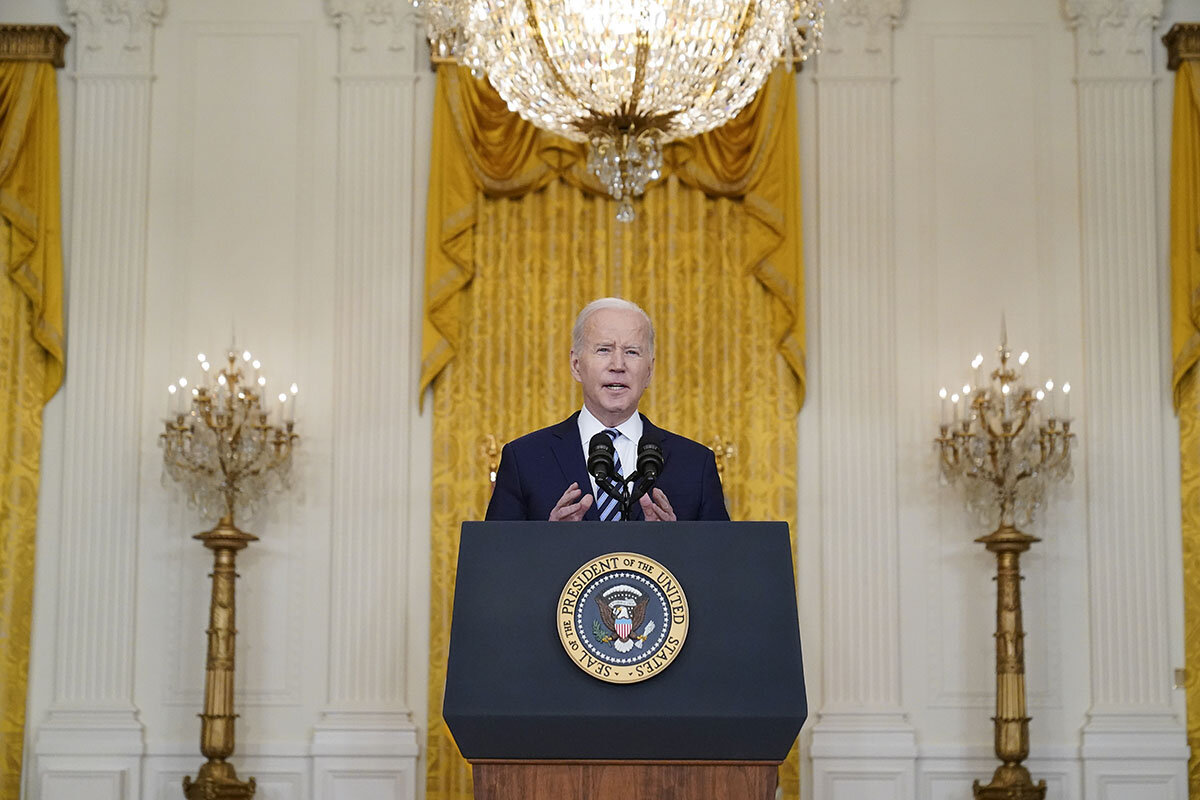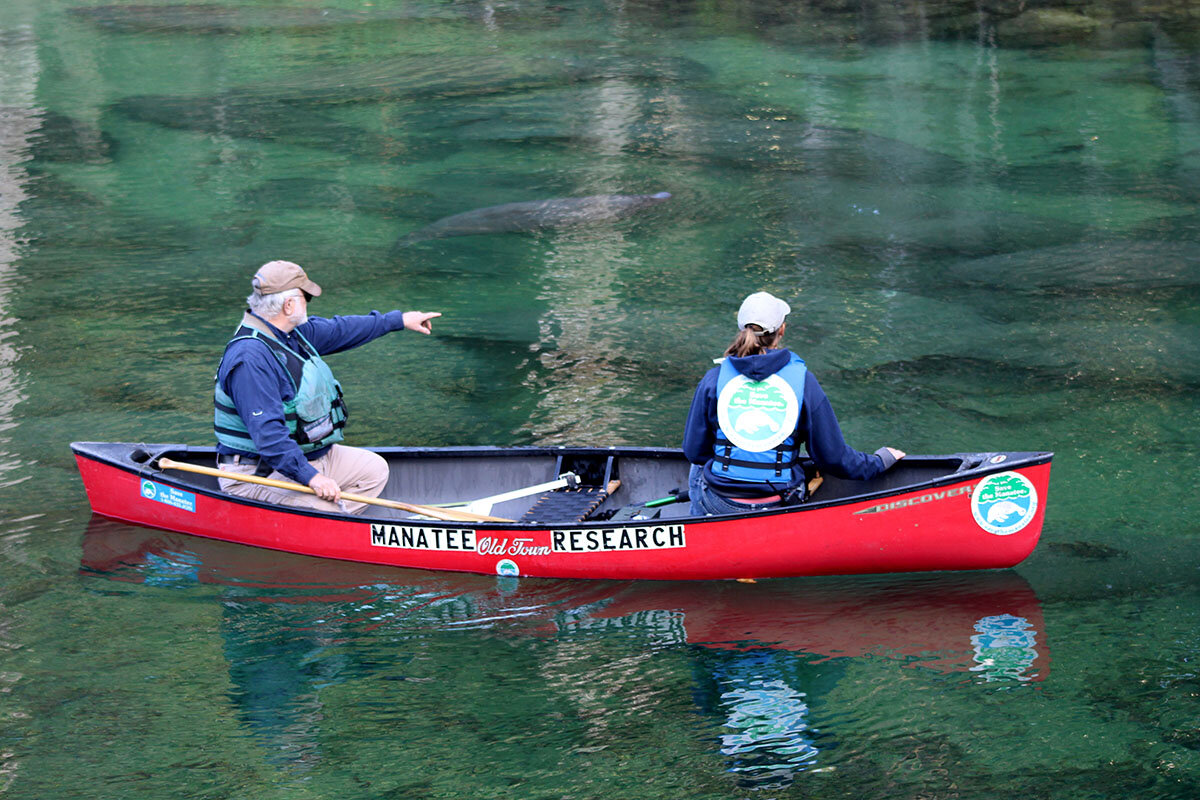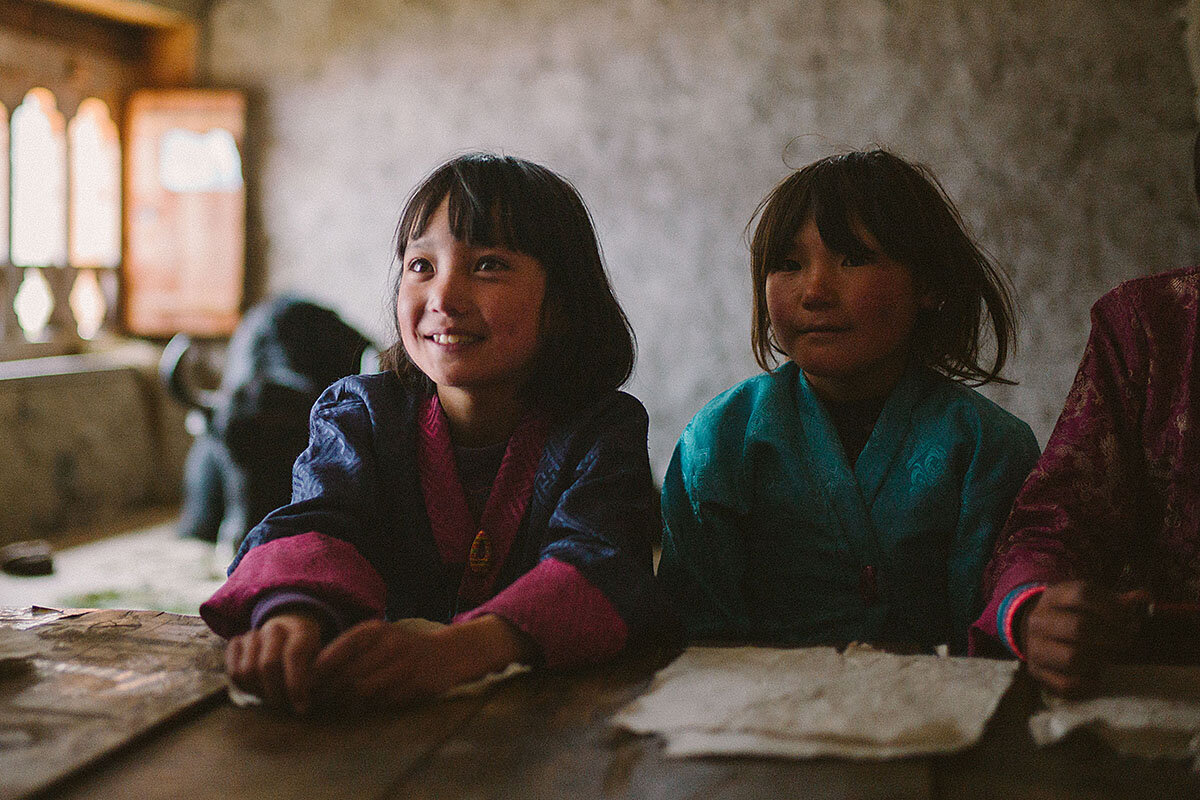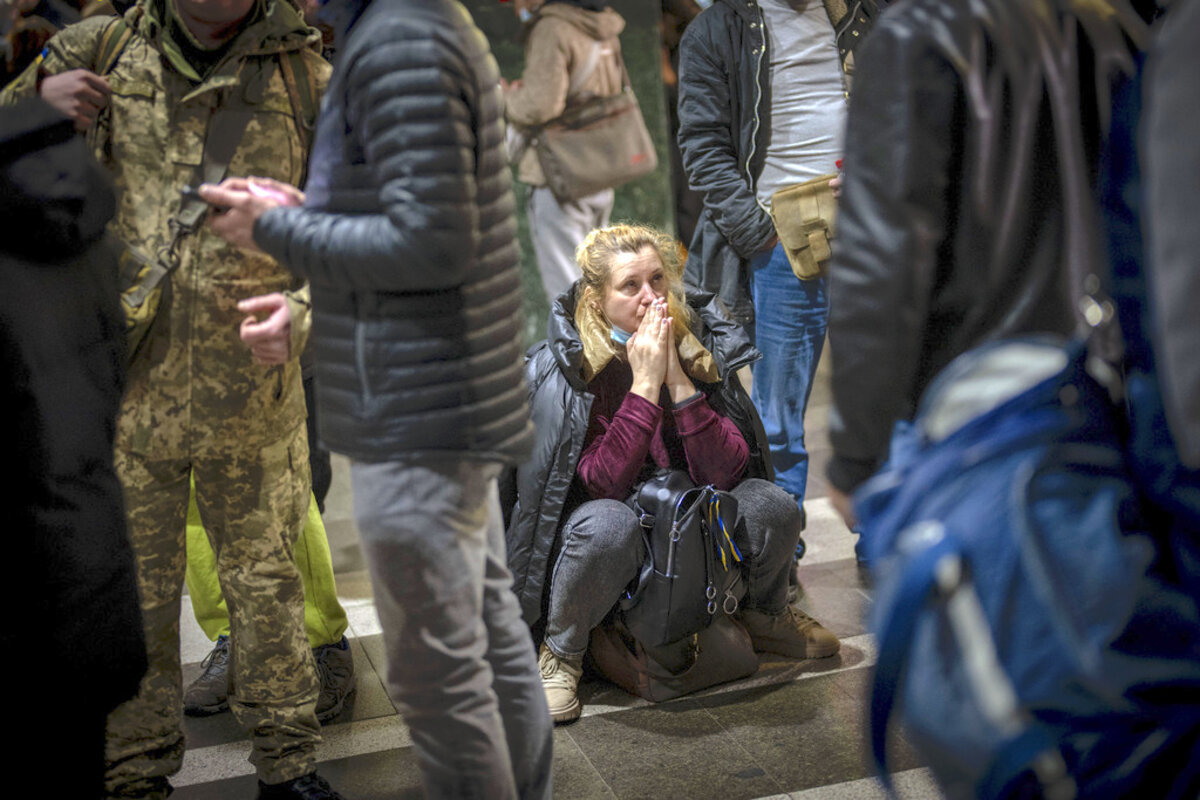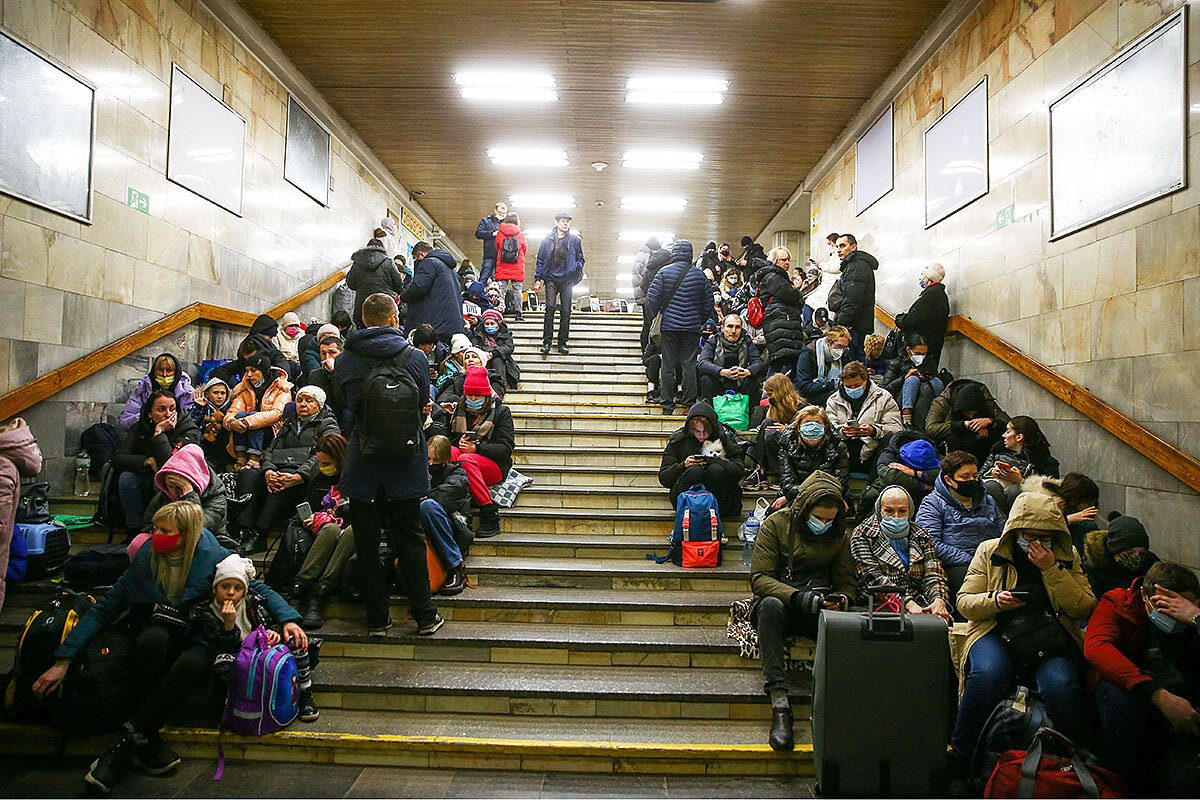Russia’s assault on Ukraine is unlike anything Europe has seen since World War II. As the U.S. and allies respond, which American trait will prove uppermost: a desire to protect democracy or a reluctance to wade into foreign fights?
Monitor Daily Podcast
- Follow us:
- Apple Podcasts
- Spotify
- RSS Feed
- Download
 Sara Miller Llana
Sara Miller Llana
At the U.S. border with Canada, the American officer took our passports and asked where we reside. “Americans in Toronto?” he asked, with genuine interest. Then he added, “At least we have democracy here.”
We knew he was referring to the “Freedom Convoy” in Ottawa, Ontario, that began over vaccine mandates and at that point had occupied the Canadian capital for three weeks. I marveled at the international intrigue, misunderstood as it has been. It was essentially the watercooler talk for this officer. But he was friendly, ushering us through with a smile.
There is no testing or special registration to enter the United States at a land crossing – and we drove into a world where, indeed, the pandemic largely seems in the past tense.
Five days later we arrived back at the border. To enter Canada is to experience the pandemic as a present threat: It requires vaccination to avoid quarantine, testing, and registration of all our data into a government app.
Then we were selected for random border testing and given a lengthy set of rules to follow for 14 days, including masks at all times and a log of anyone we see. If we test positive, we learned, we need to isolate for double what we would if we test positive at home in Ontario. These are the consequences (the officer’s words) of having traveled abroad.
For a person who has been confident in Canada’s stricter approach, these rules suddenly felt arbitrary. Border measures are politically popular. But they only make sense if they match the policies in your community, where there is currently minimal testing or contract tracing.
As we drove into Canada, I thought back to that American patrol officer. I might disagree with him over what policies amount to a withering of democracy, but I did experience for the first time a perception that certain rules can feel like a rule for a rule’s sake. In the middle of a story for tomorrow about this convoy movement in Canada, and trust lost on both sides, I am at least grateful for a clearer view of how and where frustrations begin to mount.




